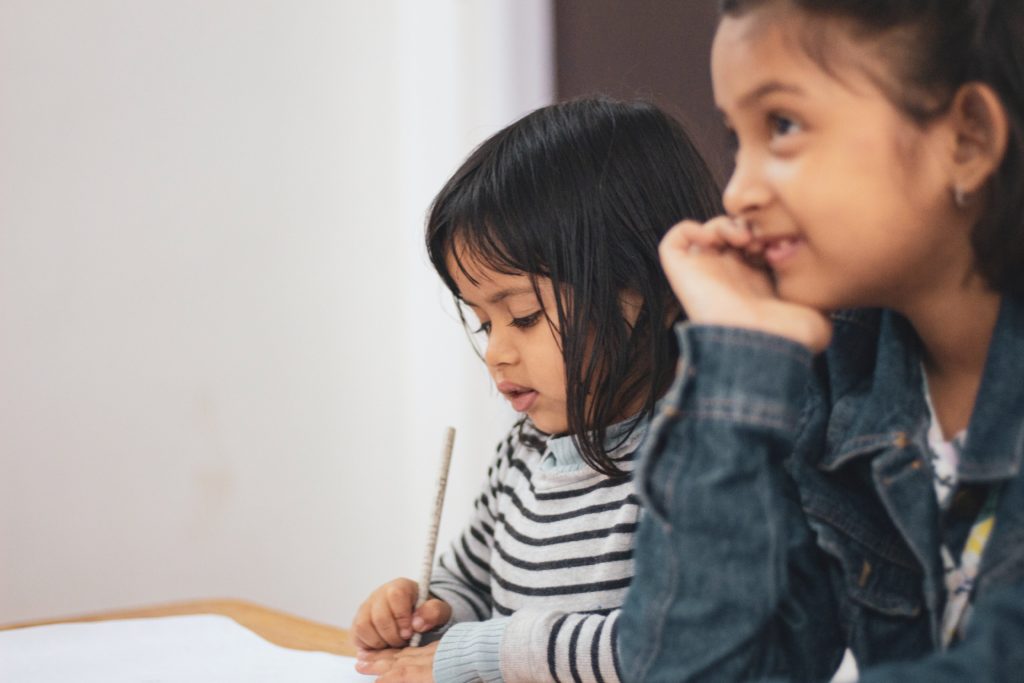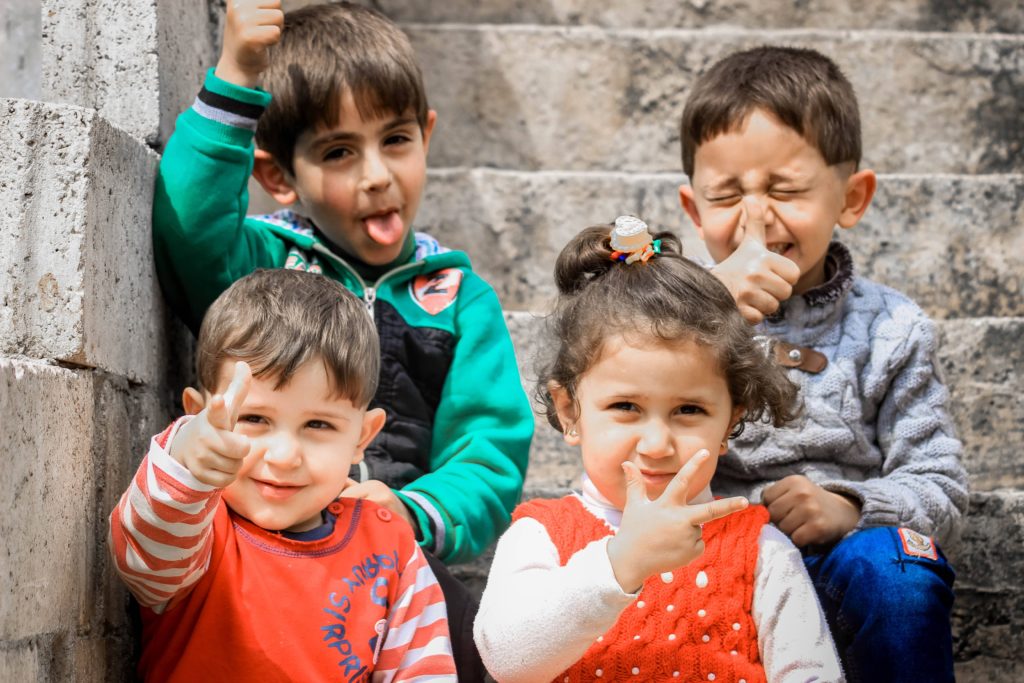Unlocking each child's potential!
our programs
Call now for a free trial and orientation!
- 0432 192 029
TRABACI Thinkers
- Pre Kinder, Kinder, Prepies
- Games based foundation
TRABACI Champs
- School-age children
- Learning and development
A program specially designed for 3-5 year old kids – the most eager and hungry people to learn.
This program is recommended for kids who have just started showing an interest in learning or wish to recognise or enhance their learning needs and capabilities. Our Trabaci thinkers include the kids who are not yet ready for Trabaci Champs Program and only recommended for pre-kinder, kinder & prepies. This program focus on their motor skills, number skills, recognition skills, infographic memory, etc…..
Course Structure
This program includes the basics:
- Number recognition;
- Number counting on ABACUS
- Basic addition/subtraction using ABACUS;
- Mathematical games; puzzles
- & few extras…
A program designed for 5-14 year old kids – the serious explorers.
Our Trabaci Champs program is recommended for school-aged children which will help children to incorporate maths in daily life. Maths is everywhere – play/study/make/share with someone at home/ at market/ at school /etc. This program starts where Trabaci Thinker program ends.
The course for Trabaci Champs is divided into various levels. Estimated completion time for each level is approx. 10 -15 classes depending on child’s expertise. Beginner must enrol into Foundation Level first and will be moved to next level when they ready.
Few interesting questions – worth exploring?
What is ABACUS?
What is an ABACUS: ABACUS is a device for making arithmetic calculations, consisting of a frame set with rods on which beads or balls are moved.
ABACUS & Brain – Relationship ?
When a child uses both hands together with the help of ABACUS, a quick communication between both hands and brain stimulates both the left and right hemispheres of the brain which promotes rapid and balanced whole brain development and a child can become a genius.
Why ABACUS?
Regular ABACUS practice enhances:
- Problem solving abilities
- Concentration
- Listening Skills
- Logical Thinking
- Photographic Memory
- Visualisation
- Speed and Accuracy
- Mental Calculation Abilities
- Brain Development
Curious to know more? Please contact us by clicking here.


Frequently Asked Questions
Abacus is the first calculating machine invented by man. This tool is used for doing basic arithmetic calculations (additions, multiplications, subtractions & divisions).
No. We do not teach Mathematics. Mathematics is a vast subject. We teach only basic Arithmetic using Abacus as a tool.
No. Unlike schools, there is no specific period for admission. Students can enrol at any time.
Since the children learning this method are taught basic arithmetic, they feel confident, work faster and perform better in mathematics.
Abacus training helps in developing concentration, listening skills, logical thinking, photographic memory, visualisation, speed & accuracy. Abacus helps in boosting children’s confidence, in carrying out their maths calculations and develops mental calculation abilities. Abacus also helps in enhancing the problem solving abilities of the child.
The ideal age group for learning Abacus Training Program is 4 to 14 years as the growth of nerves and tissues is rapid during this age. However, if the child is young, we need the co-operation of the parents in imparting the skills as they may not be in a position to raise doubts/ask questions.
No. Irrespective of child’s age, knowledge about mathematics, every child will be given admission in the First Level of the program only as in the first two levels we teach every child how to identify the values on Abacus, how to hold Abacus, how to move the beads, how to use formulae etc.
Generally, a break is not recommended. If the child takes a break, it will become challenging later and hence, the speed and accuracy will be impacted.
Yes. Parent need to check the home work completed by child. If the child is very young / slow learner, parent should support the child in learning the methods taught in the class. If the child is grown up and does the home work on his own, monitoring can be minimised.
